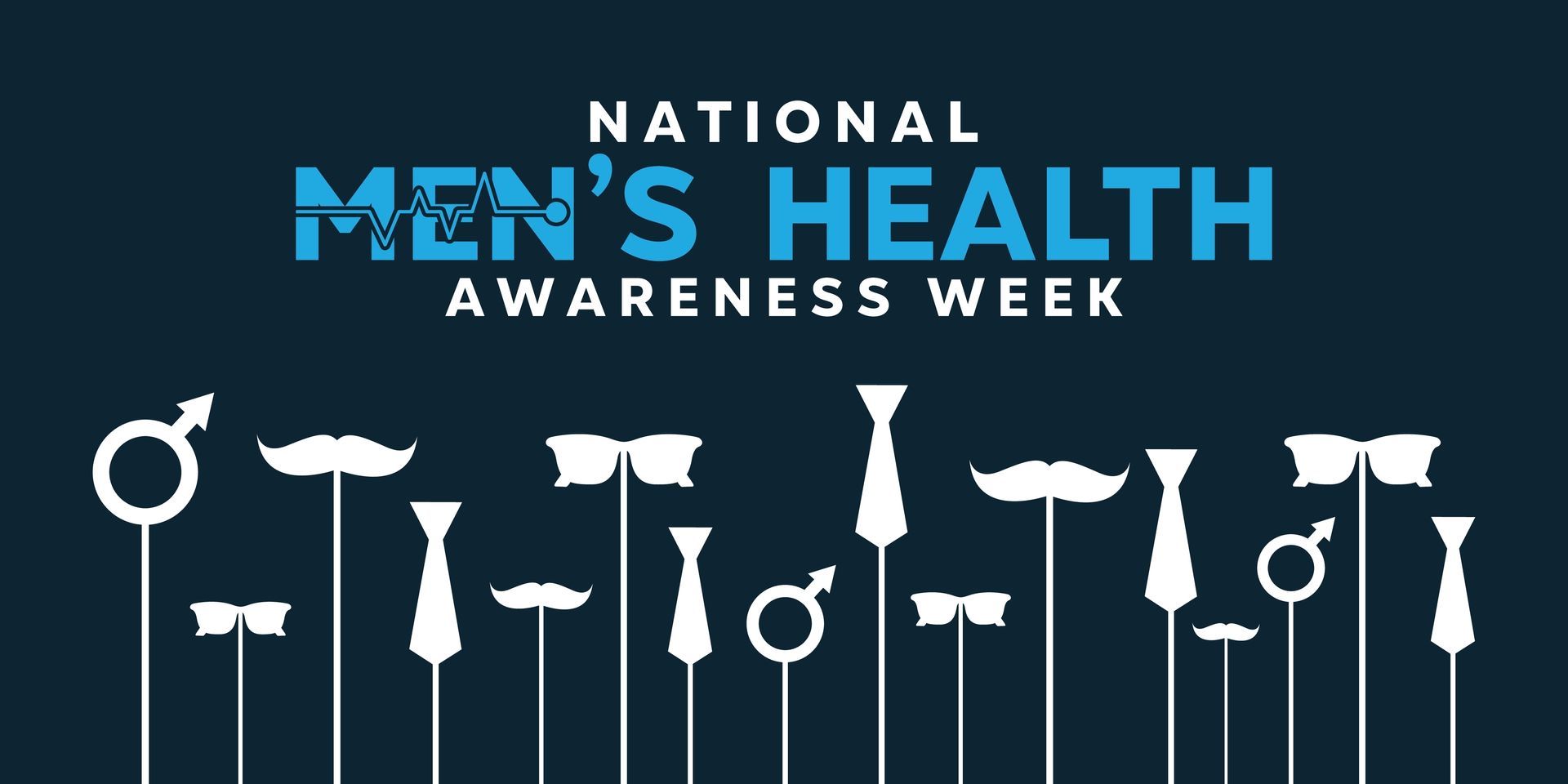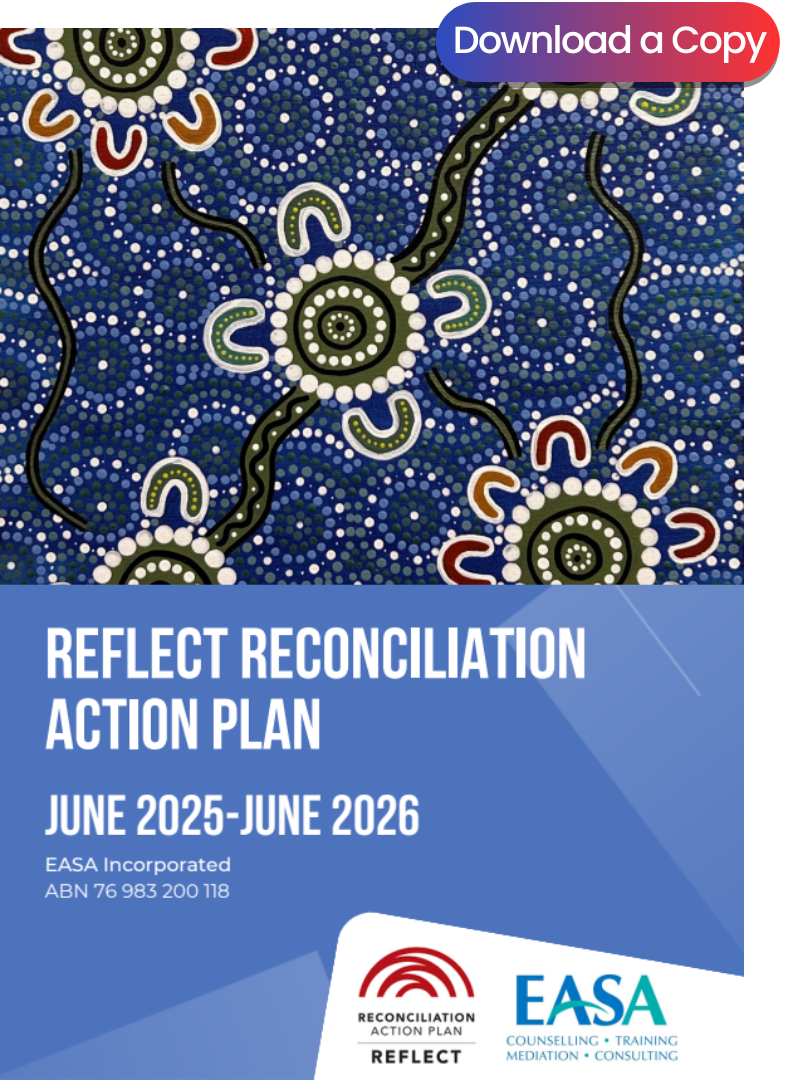Men's Mental Health

One in two men will experience mental health disorder in their lifetime (AMHF, 2024).
Most men's mental health advice is centred around diet, exercise, and mates (Health Direct, 2024). This is a fantastic set of things to begin to focus on when life gets hard. In fact, it is key for people of all genders to focus on these things first because they have a direct result on our nervous system, and therefore, our mental health.
So, what makes men's mental health different?
The best guess is that generally, as a group, men don't express to the people around them their inner world (Real, T., 1998). This may be because they don't feel safe to, it also might be because they don't know how to. These are two different ideas that can also overlap.
If we look at not feeling safe to express ourselves, knowing our emotions and keeping them secret, we find that there is often shame there. This sense that people close to us will run for the hills if we talk about our inner experiences. Where there is shame, there is isolation, judgement, and over-identification of this shameful narrative (Neff, 2020). These are rigid behaviours. It can be helpful in some scenarios to hold your inner life guarded from the outside world, but not in all scenarios. Sometimes these rigid behaviours can damage relationships or keep that narrative going in a loop in our own head. In this case, it can be about learning to be flexible in this and understanding the pros and cons of letting people understand your world, or the pros and cons of externalising the narrative we hold (Kashdan & Rottenberg, 2010). It can be difficult to say something that makes no sense, but it could be helpful to try if you haven't yet.
On the other hand, we might not know how to express what is happening for us. We are talking about emotional granularity. Higher emotional granularity allows us to express with more minute detail what our experience is. For example: 'I am mad' is a statement that makes sense and gives us a general view of what's happening. However, how mad are you? And what is it that makes you mad? Another example: 'I'm infuriated at the constant feeling of inadequacy I have because my boss won't listen to me' is a far more descriptive understanding of what's happening for that person. With that information we might be able to communicate differently or change our viewpoint to sort out the issue. Emotional granularity is a skill, a teachable one. One that will influence how people react to you and understand you.
Those are two ways in which men can enact change with their own mental health with psychological skillsets. De-shaming the idea of expressing their inner world and learning helpful ways to express the inner world. Easier said than done, right?
It definitely takes practice, but it can be done. A great way to start: express in a way that is just for you (eg. A punching bag, creating something from nothing, journaling, art, music, etc.) which can help move, externalise, and 'sort' the inner experience before going straight to communication. This is like doing it at training before taking it on the field. Therapy is also a great option to hear ideas from an experienced communicator of feelings and bounce ideas off.
If you're struggling with your mental health definitely look at the practical steps first: sleep, diet, exercise, reduce or eliminate alcohol consumption, and connect with people around you. This will absolutely help if those things are lacking, but there may also be a reluctance to let someone else in on what is going on. Perhaps because it sounds stupid, and you know what to do but can't seem to do it. We know that this kind of isolation is what leads to poor mental health, so addressing this silence might be the key to better mental health for men. Which leaves it in our hands: we need to man up and talk about it.
References:
Real, T. (1998). I Don't Want to Talk About It: Overcoming the secret legacy of male depression. Simon and Schuster.
Kashdan, T.B., & Rottenberg, J. (2010). Psychological flexibility as a fundamental aspect of health. Clinical Psychology Review, 30(7), 865-878.
Neff, K.D. (2020). Let the empirical evidence speak on the Self-Compassion Scale. Mindfulness, 11, 1900-1909.
^(Fiori, K.L., and Denckla, C.A. (2012). Social support and mental health in middle-aged men and women: A multidimensional approach. Journal of Aging and Health, 24(3), 407-438).
https://www.healthdirect.gov.au/mens-mental-health
https://www.amhf.org.au/mens_mental_health








